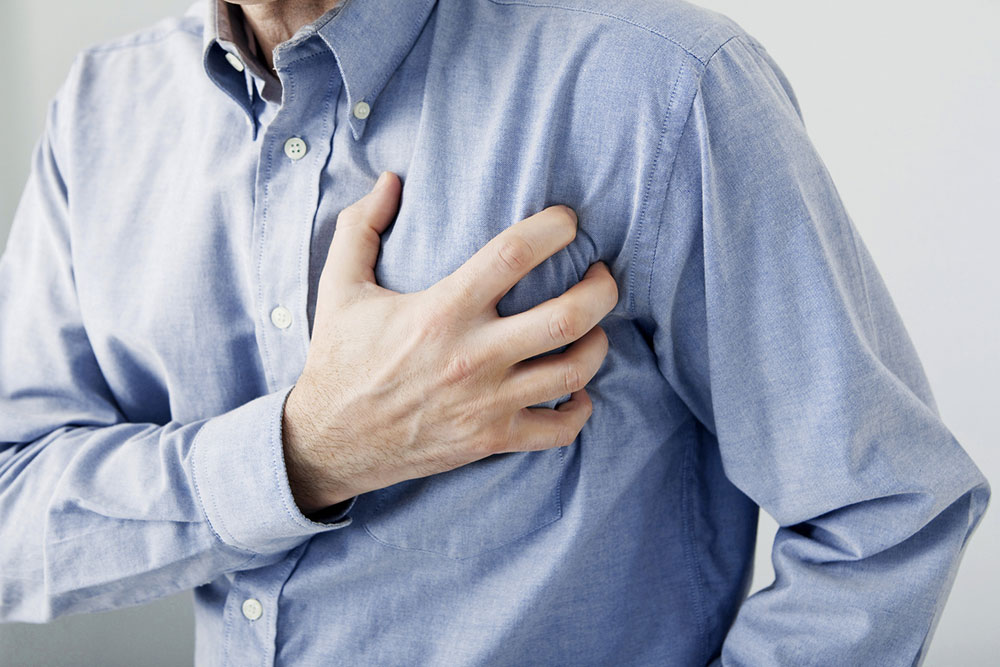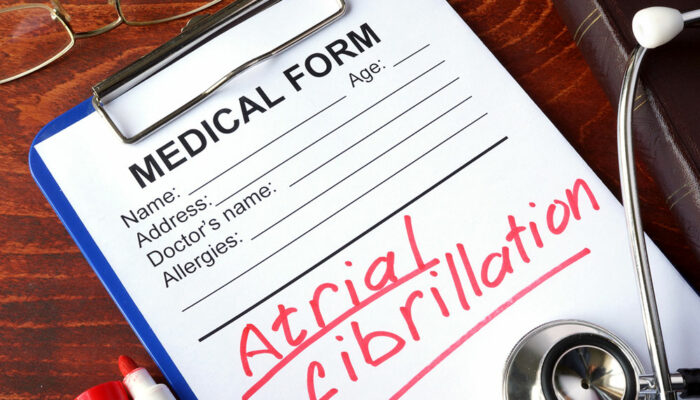
All you need to know about a heart attack
A heart attack occurs when the blood vessel and arteries that supply blood to the heart become blocked due to a clot. Due to this, the heart muscle is starved of blood and oxygen. A heart attack can lead to pain or pressure in the chest region. Some people also experience a burning sensation in the chest region. The person having a heart attack may begin to sweat or seem breathless.
Difference between a heart attack and cardiac arrest
People often confuse a heart attack for a cardiac arrest. A cardiac arrest occurs when the heart stops pumping blood effectively due to issues with the electrical signals in the heart that lead to an irregular heartbeat. The brain does not get enough oxygen because of which a person becomes unconscious. Their breathing pattern may change, and in some cases, the person will not breathe at all.
Symptoms of a heart attack
These are the most common signs and symptoms of a heart attack:
- Light-headedness or sudden dizziness
- Fatigue
- Cold sweat
- Shortness of breath
- Nausea
- Abdominal pain and indigestion
- Heartburn
- Pain, tightness, pressure, or an aching or squeezing sensation in the chest or arms. This sensation may spread to the neck, jaw, or back.
Note that not all patients experience the same symptoms. The severity of these signs will also vary from one person to another.
Some people get a heart attack suddenly, but many other people get warning signs and symptoms a few minutes, hours, days, or even weeks in advance. The earliest symptom that one could experience is pressure or pain in the chest region triggered by exertion. This pain goes away when a person is at rest. Angina or chest pain is caused by the lack of blood flow to the heart.
When should one consult a doctor?
Some people think that taking rest will help get rid of chest pain, or they could think that the pain is caused by the accumulation of gas. Ignoring the symptom of chest pain could be life-threatening. It is essential to see a doctor immediately if one recognize the symptoms of a heart attack.
First aid tips for heart attack
Here are the few steps that one can keep in mind if they experience the symptoms of a heart attack:
- The first step is to call for emergency medical help. If one suspects that they are experiencing the signs of a heart attack, they should call 911 immediately. If one does not have access to medical services, they should ask someone to drive them to the nearest hospital.
- Take aspirin if prescribed by a doctor. Taking aspirin can provide relief from the symptoms of a heart attack and could reduce heart damage by slowing down the process of clot formation the blood flow. It is essential to consult a doctor or healthcare expert before taking aspirin as it could interact with other medications that a person takes.
- Take nitroglycerin as instructed by the physician while waiting for emergency help.




